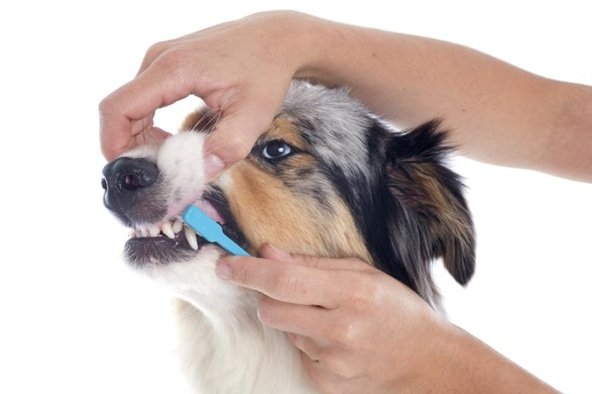Many pet owners overlook the crucial role dental health plays in the well-being of their pets. Just like humans, animals can suffer when their teeth and gums are neglected. This can lead to discomfort, infections, and serious health problems. Imagine your pet in pain every time it eats. It’s heartbreaking and avoidable. A veterinarian in Surrey, BC emphasizes the importance of regular dental check-ups. You should start examining your pet’s dental health now. If you notice bad breath, bleeding gums, or difficulty eating, these could be warning signs. Addressing dental issues can greatly improve your pet’s quality of life. Regular care not only prevents pain but also strengthens the bond you share with your furry friend. Avoid the complications of untreated dental problems by taking proactive steps. In this blog, you will discover practical tips for maintaining your pet’s oral health and ensuring their happiness.
Understanding Pet Dental Health
Dental health is not just about fresh breath. It plays a vital role in overall health. Poor oral hygiene can lead to infections that spread to other parts of the body. You can help avert these risks by keeping a close eye on your pet’s dental condition.
Common Dental Problems in Pets
Pets can face several dental issues. These include:
- Periodontal disease
- Gingivitis
- Tooth abscesses
- Fractured teeth
Each of these conditions can cause pain and affect your pet’s daily life. By taking action, you can prevent or treat these problems before they escalate.
Symptoms to Watch For
You should stay alert for signs that indicate dental issues in pets. Symptoms include:
- Bad breath
- Bleeding gums
- Difficulty eating
- Swollen gums
- Loose teeth
If you notice any of these symptoms, consult a vet as soon as possible. A proactive approach can prevent severe health problems.
The Importance of Regular Dental Check-ups
Routine dental check-ups are as crucial for pets as they are for humans. During these visits, vets can identify early signs of dental disease and recommend treatments. For more information, visit the American Veterinary Medical Association website.
Daily Dental Care Practices
Consistent home care can significantly impact your pet’s dental health. Here are three simple practices:
- Brush your pet’s teeth regularly using pet-friendly toothpaste.
- Provide dental treats that help clean teeth.
- Use dental rinses to reduce plaque and bacteria.
These steps can help maintain healthy teeth and gums between vet visits.
Comparing Human and Pet Dental Care
| Aspect | Humans | Pets |
|---|---|---|
| Frequency of Brushing | Twice daily | 3-4 times a week |
| Dental Check-ups | Every 6 months | Annually |
| Common Treatments | Fillings, cleanings | Extractions, cleanings |
While there are differences, the emphasis on regular care is a common thread in maintaining health.
Long-term Benefits of Good Dental Health
Taking care of your pet’s teeth has benefits beyond oral health. It can lead to:
- Improved overall health
- Better quality of life
- Stronger bonds with your pet
Effective dental care ensures they live a long, happy life. By prioritizing this aspect, you contribute to their well-being.
Conclusion
Pet dental health is more important than you might think. By tackling it head-on, you ensure your beloved animal companions remain healthy and joyful. Take steps today to promote their well-being through effective dental care. For further guidance, refer to trusted resources like the CDC’s Healthy Pets page.
